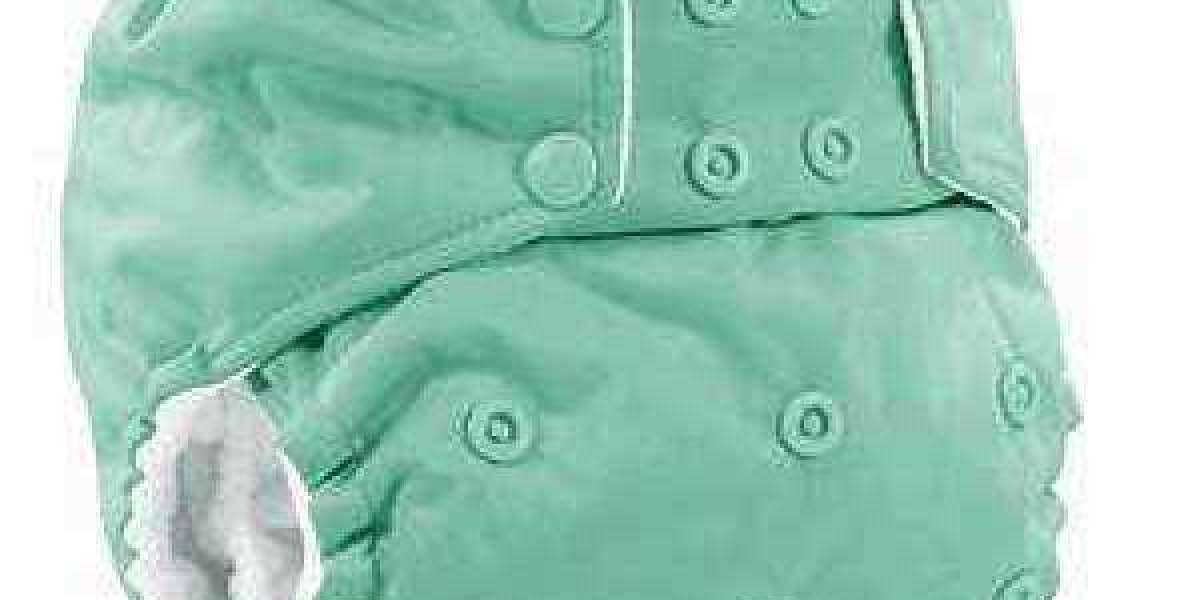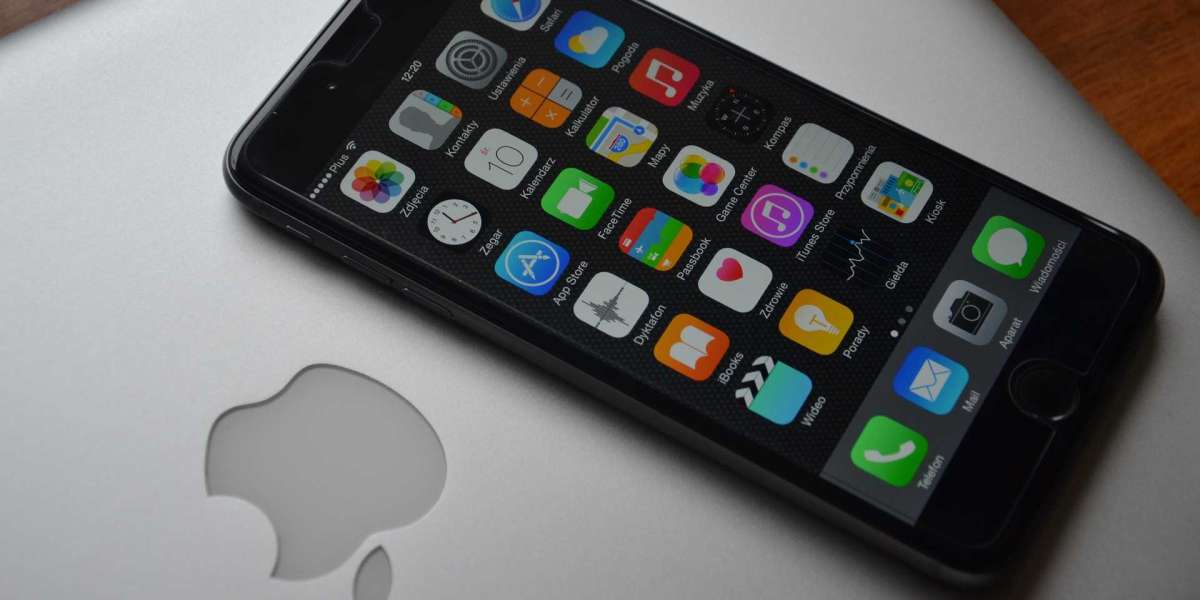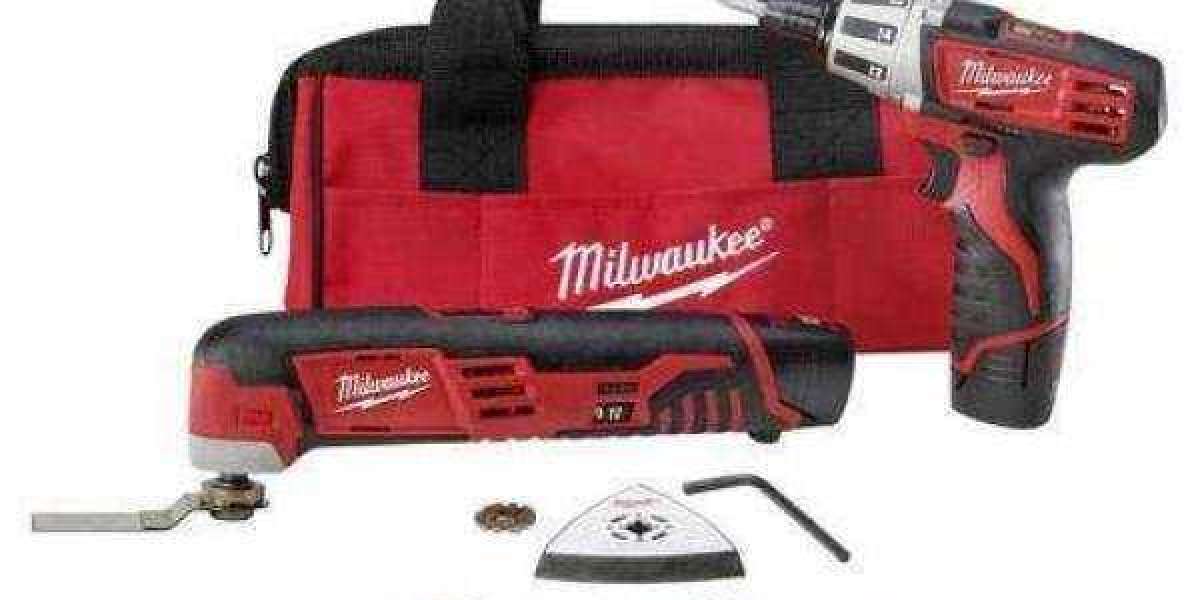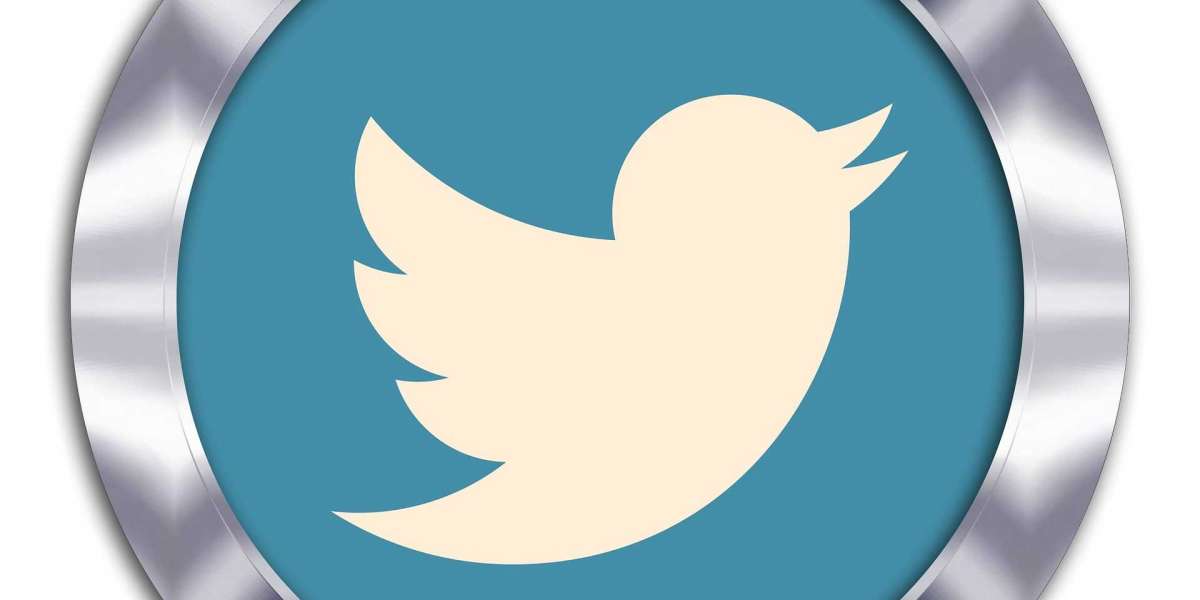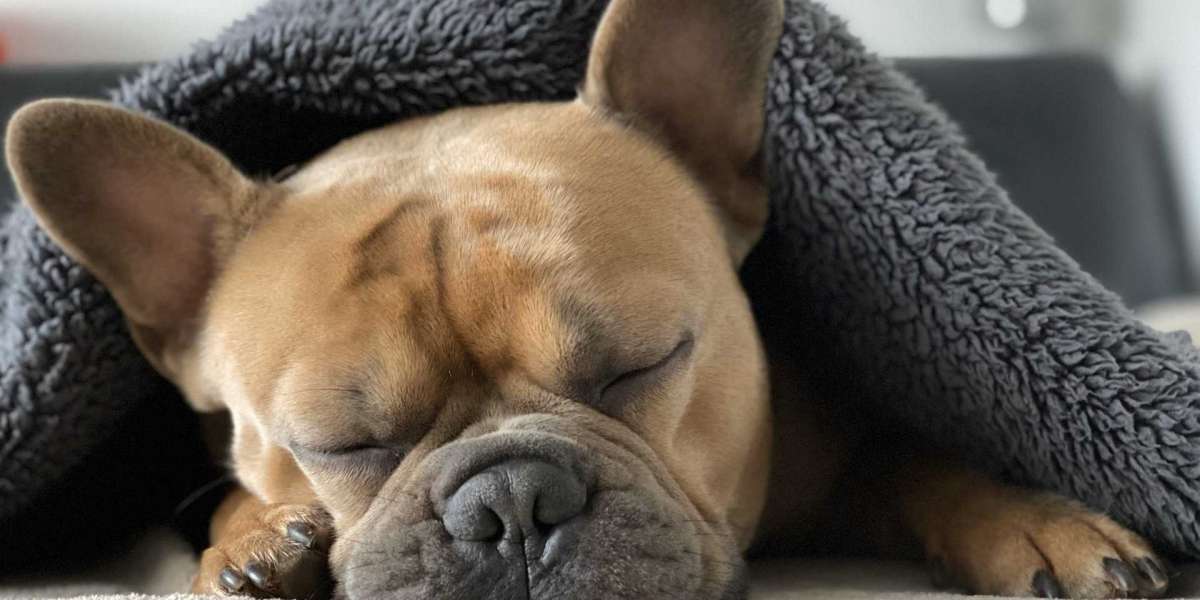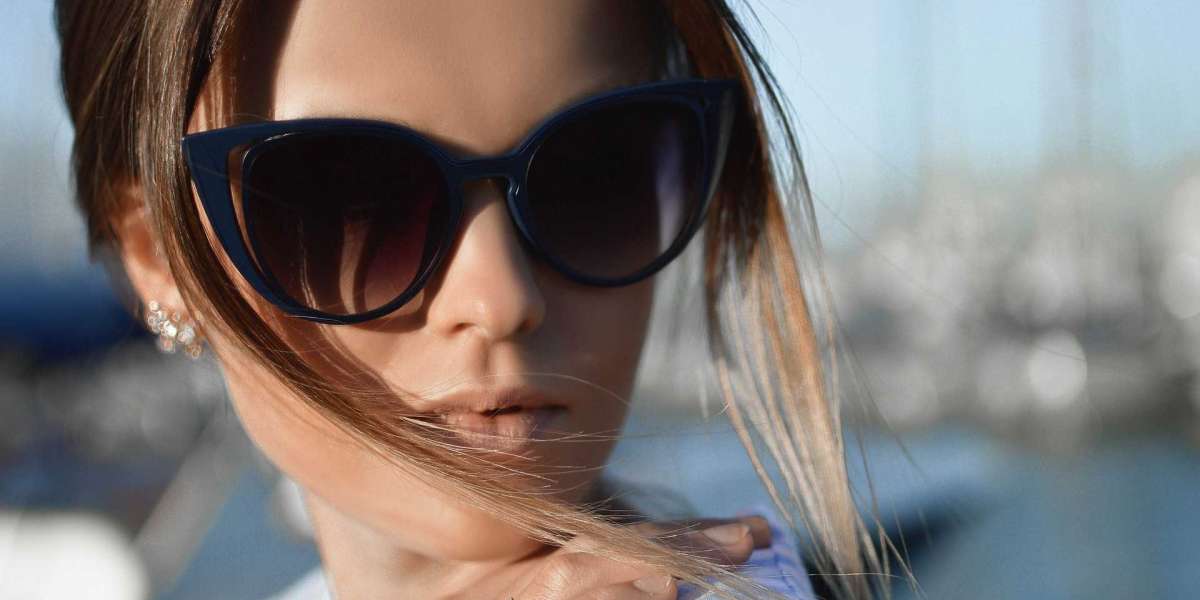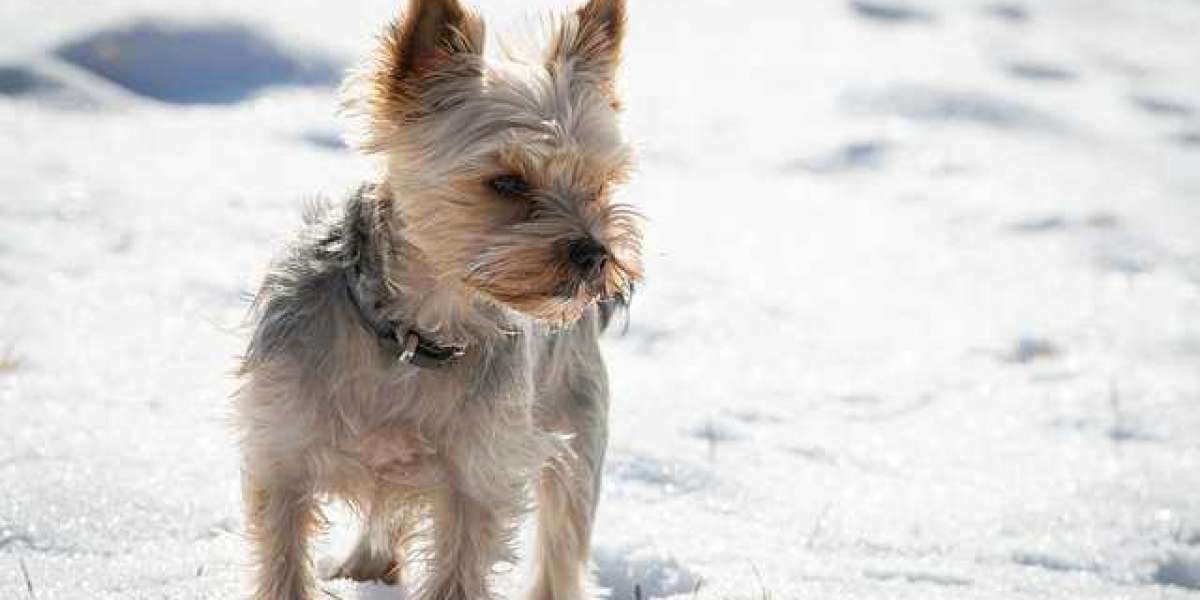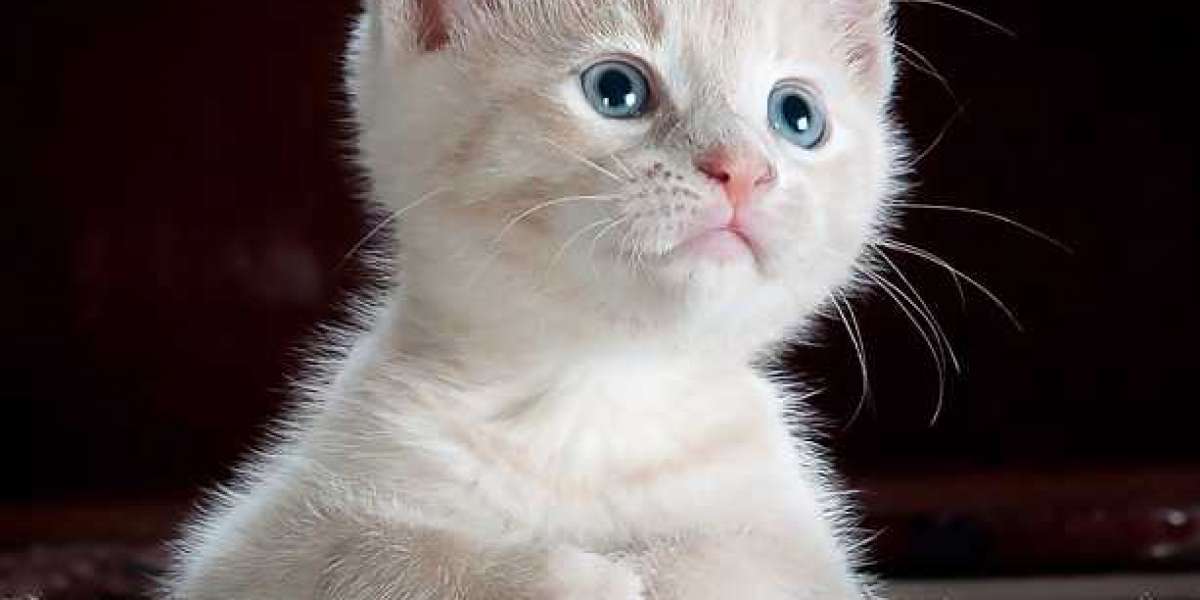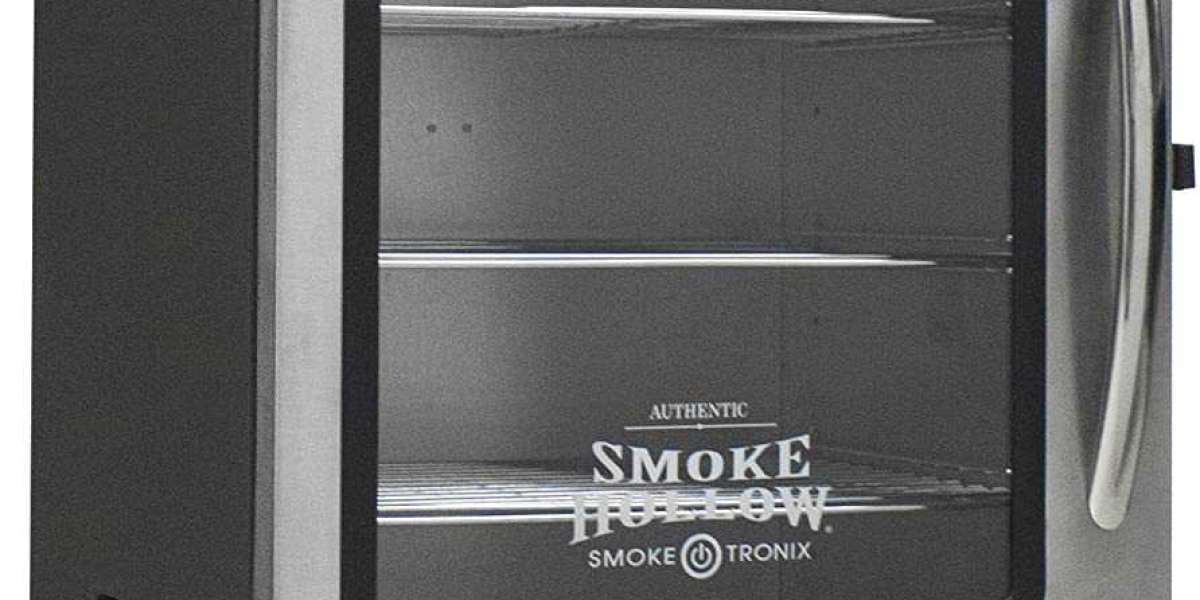So what are cloth diapers? Cloth diapers come in many shapes and forms now and it can become very confusing. There are flat cloth diapers, prefolds, doublers, fitted cloth diapers, cloth diaper covers, all in one cloth diapers, pocket diapers, and Inserts. Almost all of these diapering systems come in a variety of materials such as Hemp, Cotton, Fleece, Bamboo, and Wool. It is no wonder why people reach for disposables as a first option, there is less variety.
Let us start with Flat ClothDiapers. Flat cloth diapers are simply a square or rectangular piece of material that you can fold to any size to fit around your newborn, baby or toddler. They don€™t have any fasteners so either pins or diaper fastener can be used, or a diaper cover will help keep it in place. Flat cloth diapers can be the most cumbersome of cloth diaper types but they are the most economical because they can be used with any age of your child and can continue to be used while potty training at night. These are great to have in your diaper bags because they can also be used as inserts, wipes, burp pads, change pads and any time you may need a cloth around.
Flat Cloth diapers can come in different materials and all will have various degrees of absorption. Keep in mind that cotton flannel flat cloth diapers are found in most department stores but are not the most absorbent so you will need to purchase more as you will be changing them more frequently. I did have these initially for my son but found them difficult to fold properly as he grew. Also as he got stronger it was harder to get everything in place before he€™d turn or move.
Prefolded cloth diapers or Prefolds are a rectangular piece of material that has several layers to it and it is sewn together. Usually the middle section will have an absorbent insert also sewn into place. At Little P Baby Store we carry Organic cotton pre-fold by Bummis. They are a 4x8x4 ply which is a high-quality, absorbent prefold, which means the outer layers have 4 layers of fabric and the middle panel has 8 layers of fabric. Prefolds are easier to use than the flat cloth diapers mainly because you can easily fit them around your baby for a snug fit. Keep in mind, like the Flat cloth diapers, they are best used with a cloth diaper cover. They can also be fastened with pins or diaper fasteners. Regardless of the name of the prefold, Chinese prefolds, Indian prefolds, or others, they all have the same idea but remember the uniqueness is in the materials that are used and that relates to the absorbency. We carry the highest-quality absorbent prefolds that are unbleached as bleaching can damage the fibers. Also remember that these require a cloth diaper cover.
Fitted cloth diapers are named because they are meant to fit around your baby or toddler and don€™t require any folding. One of the benefits of fitted cloth diapers is their ease of use. They will come with either snaps or Velcro for a fast and easy diaper change. Most brands will have elastic around the legs and waist to contain any mess. For most parents fitted cloth diapers are the easiest to use but they do still require a separate diaper cover. They provide a great fit for your child at that age, but you will need to buy different sizes as your child grows. There is a small variety at one size fits all options for fitted cloth diapers. At Little P Baby Store we carry 4 brands of fitted cloth diapers such as Bambineo Bamboo, Bamboozle Bamboo, Bamboo Baby and Baby Milano fitted cloth diaper. Bamboo is a naturally antibacterial and anti-allergic product that is easily cultivated and thrives without the use of fertilizers or pesticides. It does not drain the soil€™s nutrients and does not require monoculture farming. It is gorgeously soft, has healing properties and is 70 to 80% more absorbent than cotton.
The next type of cloth diaper is the pocket cloth diaper, such as the BumGenius 3.0. This diapering type comes with an inside pocket that you can insert padding, has a waterproof outer layer and closures. They are extremely easy to use. Some times these are mistake for all-in-one diapers but they are close in structure. With the pocket diaper you insert a padded material into the pocket and then place them on your baby. The diaper cover itself is sewn to the inner fleece layer so that when your baby urinates the moisture is pulled into the absorbed insert and away from your baby. These are becoming extremely popular due to the capabilities of keeping moisture away from the baby, unlike the first few listed types of cloth diapers. Remember to purchase your inserts when looking at pocket cloth diapers and the same rule applies the different materials for inserts will relate to the absorbency so try to choose inserts that are layered if cotton or more absorbent types like Bamboo or Terry cloth.
So the final type of cloth diapers is the All-in-one (AIO) diaper. They are exactly what you would expect, they have it all; inner absorbent core, waterproof cover, front closure, snug fit around the legs and waist. No need to folding, pinning, stuffing or wrapping. These diapers are more expensive because they are all combined in one but they are still cheaper than disposables. We have a few different varieties to choose from; Indisposables, Bamboo Baby All-in-one, and Snug to Fit by Dri-Line.
Cloth diaper covers are unique in that they can be reused a few times before needing to be washed, if they are not soiled or have a smell. Cloth diaper covers can come with Velcro or snap closures, such as Baby Milano cloth diaper covers, Bummis Super Brite or Bummis Super Whisper wrap. These covers can come in different fabrics such as Vinyl (PVC), Polyurethane Laminate (PUL), and Nylon. Vinyl is no longer recommended as it will not hold up to washing and they can leak into your child€™s skin. PUL is a laminate that is applied over either polyester or cotton to make the cover waterproof. They are machine washable and can be dried. They will withstand the test of time and can be used for many years. Nylon cloth diapers are similar to PUL but should not go in the drier. Both of these are a much better alternative to Vinyl due to its breathable and softer qualities.
I hope this was able to answer some questions about the different types of cloth diapering systems.
